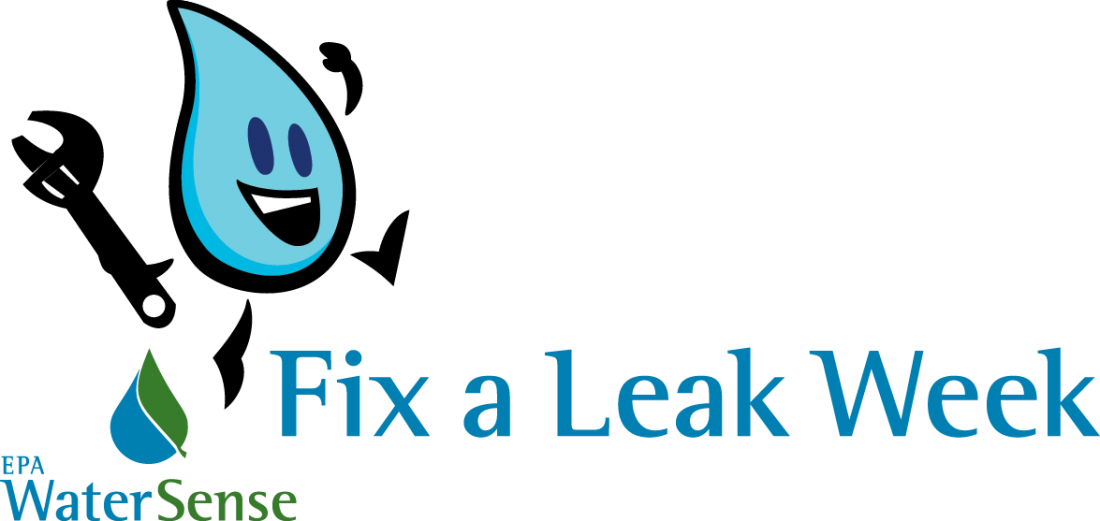
About Newsroom

Recent News
- Sea Grant Chats: Looking back on our AIS legacy as we move forward
- National Sea Grant welcomes 2026 Knauss Marine Policy Fellowship finalists
- IISG’s new year starts with a new research and reporting coordinator
- Ripple Effects curriculum engages students on the spread of aquatic invasive species
- Coastal communities can tap into IISG resources as they manage beach sand and structures
IISG Instagram
🚨Attention Educators🚨Saturday, February 28th at 11:59 pm CT is the deadline to apply for the Shipboard Science Immersion on Lake Superior.
Learn more and apply today at the link in bio.
This program is made possible by Illinois-Indiana Sea Grant and CGLL with funding and support from EPA, NOAA, and the Great Lakes Restoration Initiative.

Managers and researchers can be faced with a need to classify the risk of new crayfish invaders. Rapid assessment tools, such as the Science-based Tools for Assessing Invasion Risk (STAIR), can assist in this process by providing a streamlined framework for analysis and decision-making.
Join us for an ICC webinar with John Bieber from Loyola University Chicago to learn how rapid assessment tools are used to classify invasive species risk and how STAIR can support invasive crayfish management.
Learn more at the link in bio.

Join us for a hands-on @projectwet Make-and-Take Workshop in Chicago!
📅 When: March 12, 2026 from 9:00 AM – 3:30 PM CT
📍 Where: 200 S Wacker Dr., Chicago, IL
💲 Cost: $25 (includes classroom-ready activity kits, lunch & refreshments)
🗓️ Registration closes February 26.
✅ Open to 3rd–8th grade formal & informal educators
✅ Earn 6 PD hours
✅ Leave with ready-to-use water education kits aligned to Common Core & NGSS
👉 Don’t miss out—space is limited!
Learn more and register at the link in bio.

Explore the history, impact, and educational power of Meaningful Watershed Educational Experiences (MWEEs).
eeLEARN: MWEE 101 is a free, self-paced online course that walks you through the MWEE framework with examples, planning tools, and downloadable resources that you can use immediately.
Start learning today at the link in bio.

